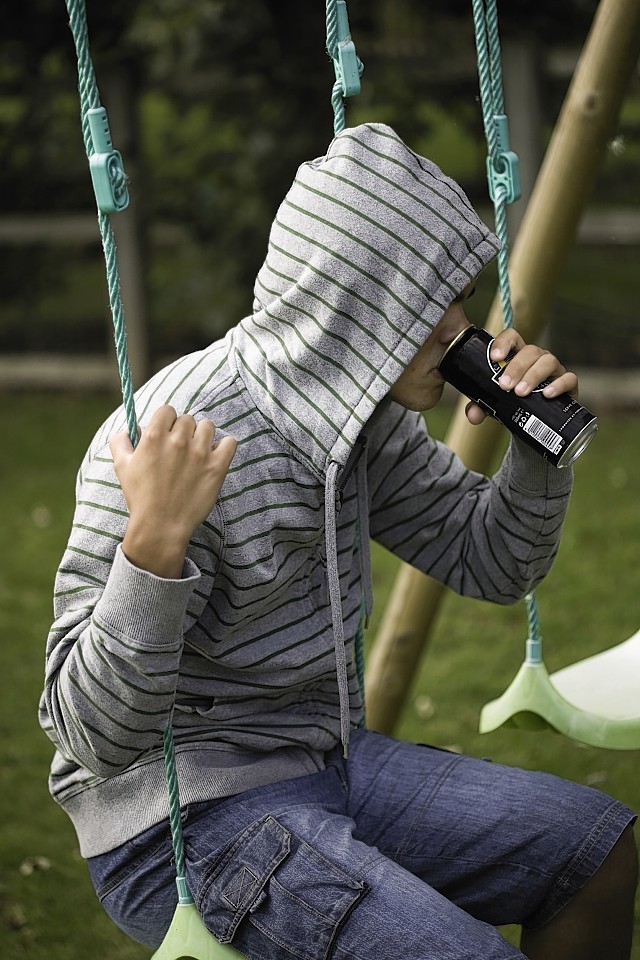Retailers have been urged to move alcohol sales away from the front of shops in a bid to crack down on underage drinking.
Brian Cowie, of Aberdeen-based charity Alcohol Support, claimed shoplifting was partly responsible for youngsters hitting the bottle.
He spoke out after it emerged 103 people aged 10-18 were treated in north-east hospitals for drink-related illnesses or incidents between 2011-13.
The NHS Grampian statistics secured by the Liberal Democrats suggested that 10 children under the age of 10 were hospitalised during the same period.
Mr Cowie, who manages the Albyn House centre in Dee Street, said peer pressure often led youngsters to drink and the problem was most prevalent amongst those who lived in chaotic homes.
“My main beef is with supermarkets and off-licences who put drinks at the front of the shop and young people just go in and steal it,” he added.
“I have seen it myself because 16 and 17-year-olds know they are not going to be served so they just go in and take it away.”
Mr Cowie claimed moving alcohol to the back of shops would “save an awful lot of problems”.
He said he was in favour of Scottish Government plans to introduce minimum alcohol pricing to increase the cost of cheap lagers, ciders and spirits but claimed the policy would have little impact on underage drinkers.
Mr Cowie said: “Youngsters are more likely to get alcohol from mum’s cocktail cabinet or from underneath dad’s bed than having to go out and buy it.
“Parents should be watching what example they are setting to their youngsters.
“If they are having a drink they should do it after the youngsters go to bed so they don’t think sitting consuming alcohol is the normal thing to do.”
A spokeswoman for NHS Grampian said there were “no safe limits” for alcohol consumption for children and young people.
She added that many of the cases highlighted by the figures would involve accidental poisoning but the board acknowledged that a “small proportion” of youngsters were using alcohol in a harmful way.
The spokeswoman said NHS staff work closely with educationalists responsible for addressing the issue in schools.
“Parents and carers also have a key role in ensuring children and young people, understand the consequences that drinking alcohol can have on their health and wellbeing,” she added.
